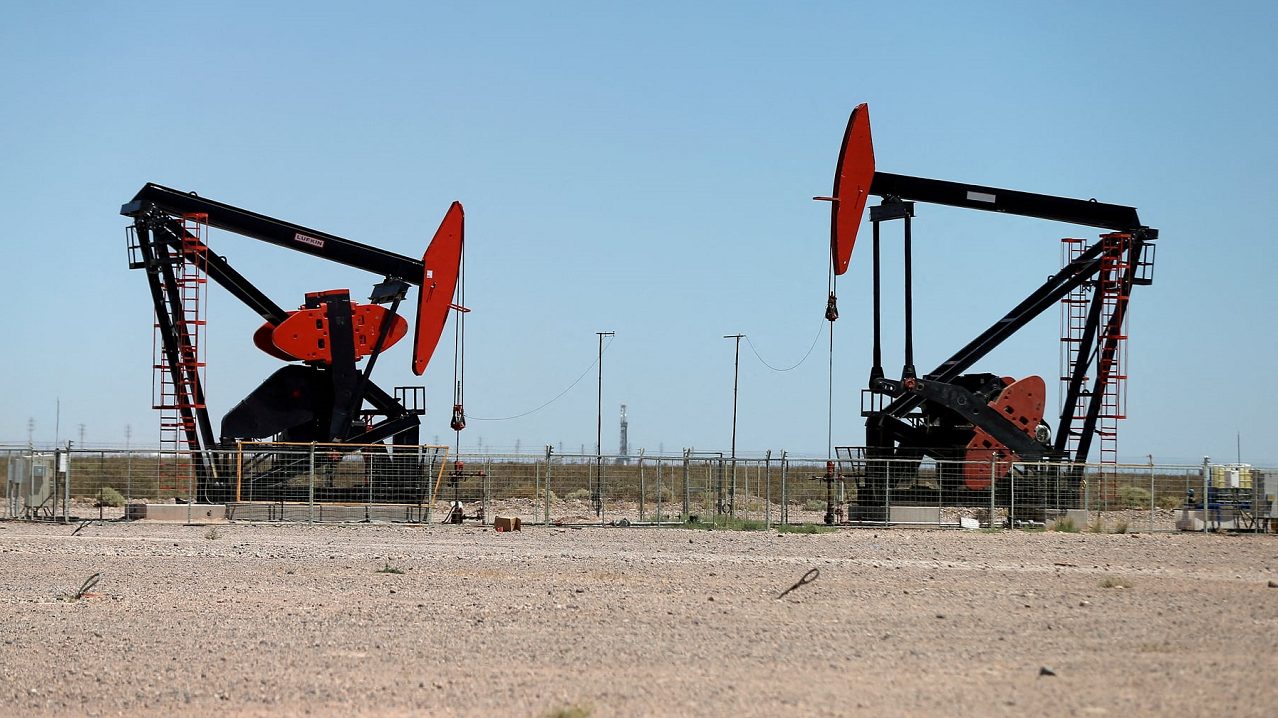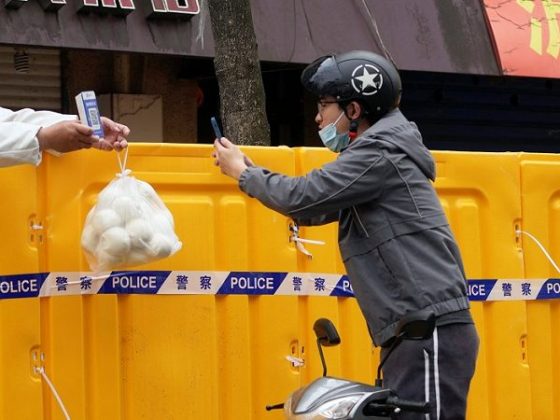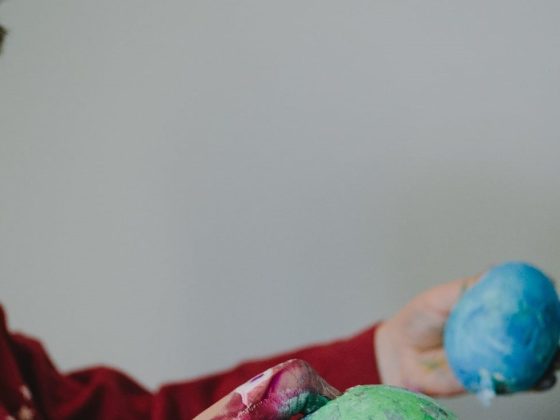There is an interesting irony in human nature: Whatever we do, we must also do the opposite. If we do something good, we must also do something equally bad, or we will not feel the value of the good thing we have done. This necessity to compare leads us to do just as much harm as we try to do good. For example, while governments around the world are making huge investments in sustainable living and renewable energy, a new independent research has found that “governments worldwide are spending at least USD$1.8 trillion a year on subsidies to support heavy polluting industries including coal, oil, gas, and agriculture, driving further environmental pollution and degradation, as well as biodiversity loss.” Why do they do it? Without the existence of polluting industries, no one would appreciate their efforts to curb them.
“The only way to avoid the disaster is to understand that our nature is a deadly trap, and we must change it from the core. Once we give up on the possibility of securing a good, or even safe life for ourselves without fundamentally changing who we are, we will be able to find a true and lasting solution. The impasse of human nature forces us to rise above it.”
We feel, measure, and evaluate everything only in comparison to its opposite. We would not know that seasons exist if they were not contradictory. Likewise, we would not know that satiation feels good if hunger did not feel bad. In the same way, we long for love because there is hate, and we love peace because there is war. If something does not have a clear opposite, we cannot perceive it.
Because this is how we perceive the world, we have constructed it to fluctuate between extreme opposites. And since we need constant excitation to feel alive, we need these opposites to grow increasingly extreme. If this continues, we are certain to bring upon ourselves a catastrophe.
The only way to avoid the disaster is to understand that our nature is a deadly trap, and we must change it from the core. Once we give up on the possibility of securing a good, or even safe life for ourselves without fundamentally changing who we are, we will be able to find a true and lasting solution. The impasse of human nature forces us to rise above it.
“When we begin to want to emerge from our own nature, we will discover that the root cause of all our problems is not what we do, but why we do it: to lionize and elevate ourselves, and to belittle and disparage others. Because of our negative motivation, everything we do becomes harmful. And because this is how everyone works, the entire planet is harmed and everyone suffers. It follows that only a fundamental transformation of all of humanity will reverse the destructive course we are on.”
When we begin to want to emerge from our own nature, we will discover that the root cause of all our problems is not what we do, but why we do it: to lionize and elevate ourselves, and to belittle and disparage others. Because of our negative motivation, everything we do becomes harmful. And because this is how everyone works, the entire planet is harmed and everyone suffers. It follows that only a fundamental transformation of all of humanity will reverse the destructive course we are on.
The sooner we realize this, the sooner we will decide that awareness of the truth is our only weapon against our nature. It is a hard truth to swallow, but then, no medicine is tasty.
Once we accept the truth, we will be able to begin an educational process that will teach us to care for one another because our lives depend on it. Then, when we aim to help others rather than harm them, we will be helped, as well. This transformation of intention is the only change we need to make, and the only one that will clean up our environment and reverse the menacing trajectory of the climate.











